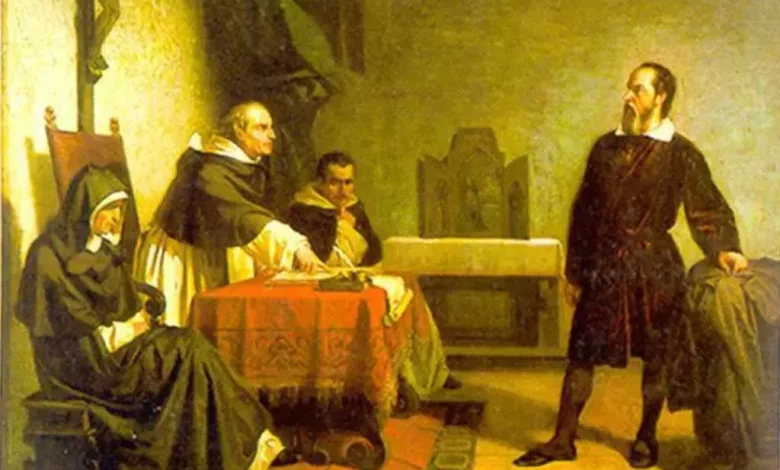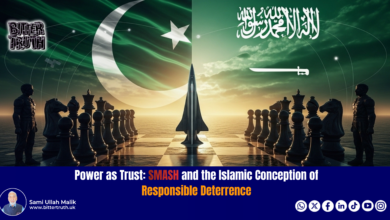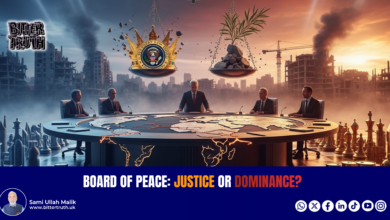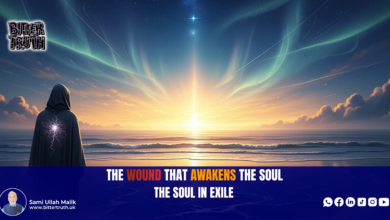“Who won, and who lost?”
When Socrates drank the cup of poison, and the rulers of Athens realized that hell had descended upon their youth, the aristocracy of Greece won, and Socrates’ wisdom was defeated. Time passed.
In Scotland, during the War of Independence, when King Edward of England captured William Wallace and accused him of treason, he was stripped, tied to horses, and dragged through the streets of London. Then, after indescribable violence, he was hanged and quartered. At that time, the king won, and William Wallace lost. Time passed.
Galileo proved that the Earth and other planets revolve around the sun. In 1633, for going against Catholic beliefs, Galileo was declared a heretic, and he was confined to house arrest for an unspecified period. In 1642, he left the world. Science lost. Time passed.
Even Bruno was tried for heresy due to his deviations from church beliefs. He made it clear that his research was not contradictory to Christianity or its creation but was not heard, and he was completely ordered to recant his theories. Although Bruno denied, Pope burned him at the stake on February 8, 1600. On the surface, the Pope won, but Bruno’s sentence remains a historic sentence: “I do not fear as much hearing this decision as you fear pronouncing it.”
When Hajjaj bin Yusuf was throwing fireballs at the Kaaba’s walls, at that time, Ibn Zubair recorded a history of bravery. He received continuous messages urging him to keep throwing weapons, but He refused.” Seeking advice from His mother, Hazrat Asma, who said, ‘The people of the truth do not think about how many helpers and companions they have. Just keep fighting and obeying Allah’s command, and don’t bring the thought of winning and losing to your mind.’
Hajjaj captured Ibn Zubair and presented him to Caliph Abdul Malik, beheading him, and his body was left hanging in the open square. Hajjaj bin Yusuf himself went to the mother of Ibn Zubair, Hazrat Asma, and sarcastically asked, ‘Have you seen the fate of your son?’ To which the brave mother, Hazrat Asma, replied in a historic manner: ‘Yes, you have ruined his world, but he has ruined your hereafter.’ Hajjaj won the battle, but Ibn Zubair and their mother, Hazrat Asma, were defeated. Time marched on.”
Caliph Abu Ja’far Mansur proposed several times to Imam Abu Hanifa to become the Chief Justice (Qazi al-Qaza). However, He refused every time. On oneoccasion, bitterness between the two grew so much that Mansur threatened violence. He appointed Him to oversee the construction of walls in Baghdad and assigned Him to count bricks. The objective was to humiliate scholars like Imam Abu Hanifa. Later, Mansur had, Imam Abu Hanifa publicly flogged and put him in excruciating captivity. He made him wear a blackened face and placed him on a donkey in Baghdad. Finally, Mansur poisoned Imam Abu Hanifa in captivity while he was in a prostration position during prayer. Thousands of people attended his funeral prayer, which was recited several times. Mansur won, Imam Abu Hanifa lost. Time passed.”
“In history, victory is not always decided by sheer power. The aristocracy of Greece was more powerful than Socrates, but history has validated Socrates’ truth. After the tragic death of William Wallace, his name should not be forgotten. But today, from Aberdeen to Edinburgh, statues and memorials bear witness to his bravery. 350 years later, the Catholic Church, which issued the edicts of heresy, has publicly expressed remorse, retracting all its edicts. Those who burned Giordano Bruno alive are also ashamed today, for history has revealed that Bruno’s knowledge and theories were correct, and those who inflicted a cruel death on him were wrong. In history, Hajjaj bin Yusuf is now labeled as a tyrant and an oppressive ruler, responsible for the bloodshed of thousands of innocent Muslims, while Abdullah ibn Zubair symbolizes courage and valor. Hajjaj faced defeat, and Ibn Zubair emerged victorious. When Abu Jafar Mansur had Abu Hanifa poisoned and after his death, they buried him in a grave similar to hundreds of others to hide his location, so people wouldn’t know in which grave he was buried. This precaution was taken out of fear that someone might disrespect his grave. History’s verdict came swiftly.”
A hundred years from today, none of us will be alive. History will push us forward while we are no more. Today, the decision is difficult to make – who among us stands on the right path of history, and who is on the wrong course. Who is with the truth and who is propagating falsehood. Who is honest and who is faithless. Who is the oppressor and who is the oppressed. Everyone claims to be on the side of truth, but we all know it’s the biggest lie in the world because if anyone truly understands the truth, they should work to eliminate injustice and unfairness from the Earth. However, we all know that we are far from reaching that destination. From today, a hundred years onwards, when a historian writes our history, they will judge us all on the same scale. But unfortunately, at that time, none of us will be alive to hear the merciful verdict of history.”
Why don’t we, who are passing through this era, judge ourselves on a merciless scale today and decide whether we stand somewhere with the Greek aristocracy who poisoned Socrates? Whether we stand with those who burned Giordano Bruno alive? Whether we stand with oppressors like Hajjaj? Whether we stand with those who issued fatwas against scholars like Imam Abu Hanifa, Imam Malik, and Imam Hanbal? Whether we stand with those who opposed Ibn Rushd? Whether we stand on the wrong side of history? Finding the answer to this question and accepting our own flaws is a task that requires introspection, something that is becoming increasingly rare these days.
Time keeps moving forward, and all we can see is how each individual has spent their time. Allah Almighty, grant us the ability to follow the path of truth and protect us from falsehood. Ameen, Ya Rabb al-Alamin.






